Christian Peacemakers Are Ramping Up Their Faith-Based Call for a Cease-fire
Dozens of Christians for a Free Palestine activists were arrested in Washington last week, in a burgeoning effort to save famine-threatened Gaza.
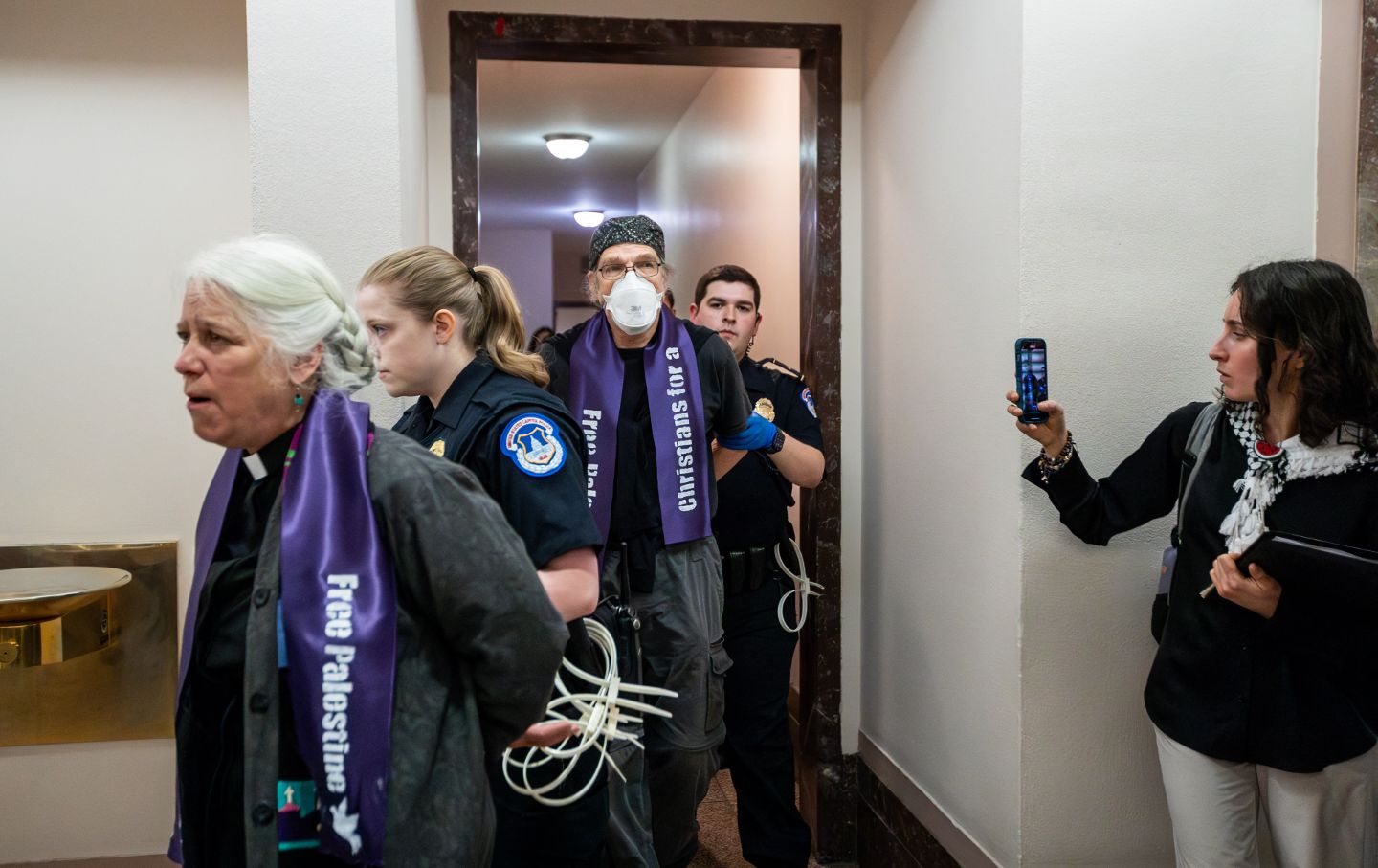
Capitol Police arrest demonstrators with Christians for a Free Palestine on April 9, 2024.
(Allison Bailey / Middle East Images / Middle East Images / AFP via Getty Images))When I interviewed US Representative Barbara Lee in September of 2001 about her decision to cast the sole congressional vote against giving George W. Bush and Dick Cheney a blank check to wage endless war, she spoke of prayer and revelation:
I was at the National Cathedral in Washington. I went to the memorial service on the Friday after the attacks and I prayed. I said to myself, “You’ve got to figure this one out.” I was dealing with all the grief and sorrow and the loss of life, and it was very personal because a member of my staff had lost a cousin in the Pennsylvania crash. I was thinking about my responsibility as a member of Congress to try to ensure that this never happens again. I listened to the remarks of the clergy. Many of them made profound statements. But I was struck by what one of them said: “As we act, let us not become the evil that we deplore.” That was such a wise statement, and it reflected not only what I was feeling but also my understanding of the threats we continue to face. When I left the cathedral, I was fairly resolved.
A Catholic in her youth, Lee attended St. Joseph’s Catholic School in El Paso, where the Sisters of Loretto taught that “we have to fight for peace and justice.” As an adult, she became a member of the historic Allen Temple Baptist Church. She would eventually be awarded an Honorary Doctorate of Laws from the American Baptist Seminary of the West, a historic seminary affiliated denominationally with the American Baptist Churches in the USA and the Progressive National Baptist Convention.
So it comes as little surprise that Lee often brings a language of faith and morality to policy debates. That has certainly been the case with regard to the Israeli assault on Gaza, which has left more than 33,000 Palestinian men, women, and children dead. Lee was one of the first cosponsors of the House resolution calling for an immediate de-escalation and cease-fire in Israel and occupied Palestine, and she has argued for months that“every day that the United States does not explicitly call for an immediate ceasefire is a moral failure.”
Lee is not alone in that view.
Opposition to US policy regarding the devastation of Gaza has come from people of all faiths since Israeli forces targeted the Palestinian enclave in the wake of the October 7 Hamas attack. Muslim Americans have taken the lead, in conjunction with Jewish American groups such as Rabbis for Ceasefire, If Not Now, and Jewish Voice for Peace. But there have always been Christians at rallies and protests as well, which should come as no surprise to those who know that Palestine is home to one of the world’s oldest Christian communities.
Much of the domestic debate on US policy toward Israel and Palestine has focused on the enthusiastic support for Israel’s war on the part of Christian evangelical pastors and their allies in the Republican Party. Less attention has been paid to the Christian groups working on behalf of peace and justice in Gaza.
For months, the group Mennonite Action has organized protests at congressional offices around the country. as well as a January 16 “Day of Action for a Ceasefire” on Capitol Hill, during which 150 Mennonites were arrested for engaging in an act of civil disobedience that featured prayers and singing in the Cannon House Office Building. A few weeks later, one thousand Black pastors from multiple denominations signed a call for the Biden administration to support a cease-fire, with one prominent signer, the Rev. Dr. Frederick D. Haynes, the senior pastor of Friendship–West Baptist Church in Dallas who recently succeeded Jesse Jackson as the president of the Rainbow PUSH Coalition, saying, “What they are witnessing from the administration in Gaza is a glaring contradiction to what we thought the president and the administration was about. So when you hear a president say the term, ‘redeem the soul of America,’ well, this is a stain, a scar on the soul of America. There’s something about this that becomes hypocritical.”
Last week, the group Christians for a Free Palestine organized a two-day mass action in Washington, declaring, “We are Christians mobilizing against the weaponization of our theology and our tax dollars by Christian Zionists to perpetrate the genocide of the Palestinian people.” The explicit challenge to Christian Zionism is notable, as there is little doubt that evangelical support for Israel’s assault on Gaza influences Republican leaders on Capitol Hill.
“For many ‘Christian Zionists,’ and particularly for popular evangelists with significant clout within the Republican Party, their support for Israel is rooted in its role in the supposed end times: Jesus’ return to Earth, a bloody final battle at Armageddon, and Jesus ruling the world from the Temple Mount in Jerusalem,” explains Sarah Posner, the author of Unholy: How White Christian Nationalists Powered the Trump Presidency, and the Devastating Legacy They Left Behind. “In this scenario, war is not something to be avoided, but something inevitable, desired by God, and celebratory.”
Christians for a Free Palestine activists reject this scenario, as do theologians and Christian leaders in the Middle East.
With endorsements from groups such as the American Friends Service Committee, the Fellowship for Reconciliation, Red Letter Christians, the Palestinian Christian Alliance for Peace, Black Christians for Palestine and Unitarian Universalists for Justice in the Middle East, as well as allies such as Jewish Voice for Peace and Code Pink, the Christians for a Free Palestine actions on Capitol Hill focused on the horror of the Israeli assault on Gaza. In particular, attention was paid to the looming threat of mass starvation in the region—where restrictions on the flow of humanitarian aid led USAID Administrator Samantha Power to acknowledge that “food has not flowed in sufficient quantities to avoid this imminent famine in the south and these conditions that are giving rise already to child deaths in the north.”
Singing, “We will not avert our eyes, Palestine will be free,” Christians for a Free Palestine activists disrupted lunch service in the Senate cafeteria Tuesday and declared, “We are here to pray for the food of Gaza, and not bombs. Congress and there not eat today, ‘til Gaza eats.” Dozens were arrested. Outside the Capitol, at a simple table, members of various denominations participated in a communion service where the Rev. Naomi Washington-Leapheart announced that Christians were raising their voices “because we are enemies of injustice, because we embarrass the state by our refusal to accept its ways.”
The message for members of Congress was blunt, yet rooted in faith. Christians who are speaking up for the people of Gaza argue that messages grounded in faith have the power to influence policymakers toward justice and peace. In the same sermon by the Rev. Nathan Baxter that moved Barbara Lee all those years ago, Baxter, then the dean of the National Cathedral, recalled that “people of faith who have lived in cultures of terror, with whom I have talked—Israelis, Palestinians, South Africans, Liberians, Irish—all say it is their faith, above all else, which keeps them focused, secure in spirit, and hopeful for justice rather than revenge.”
More from The Nation
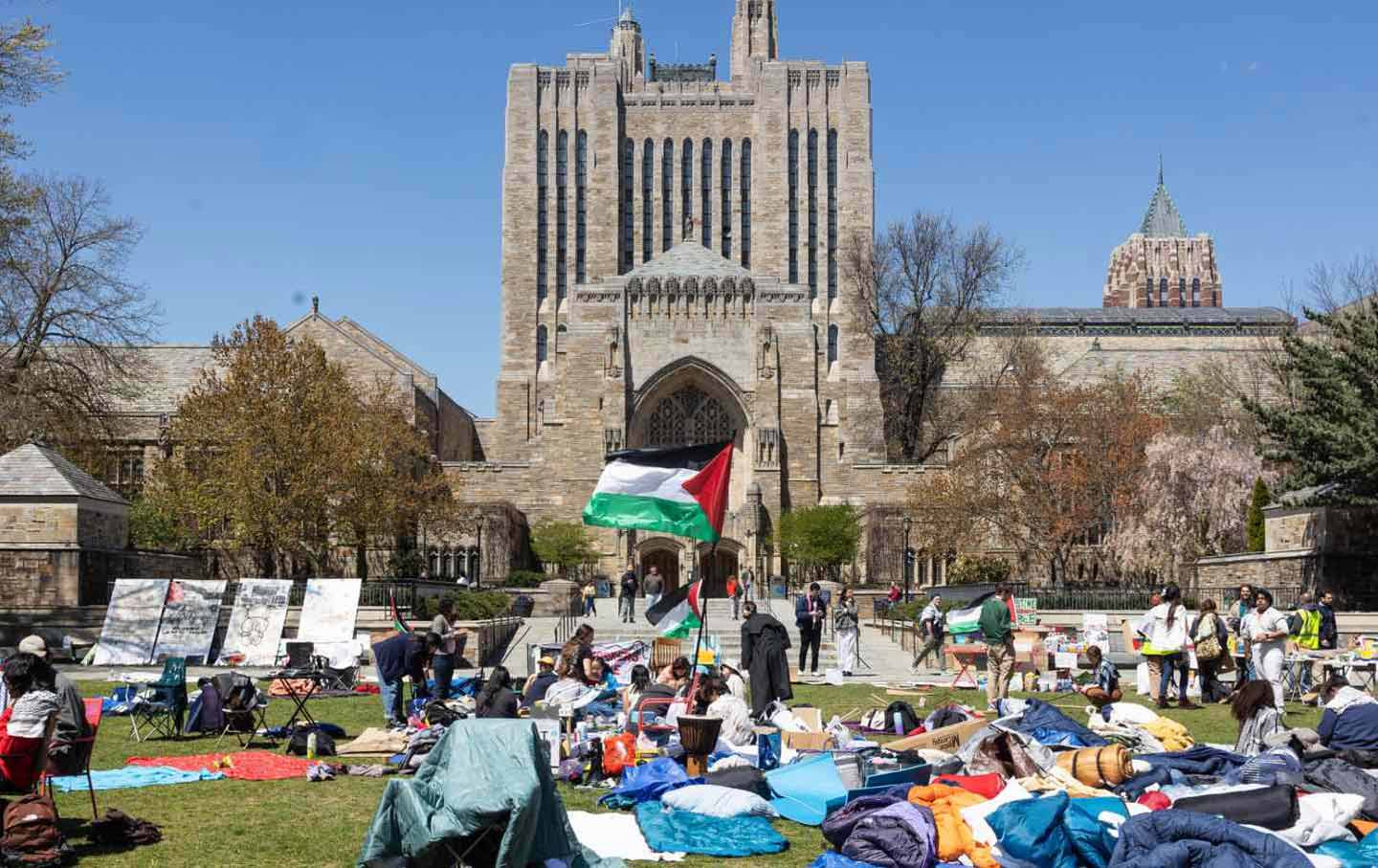
Yale Students Voted to Divest, but What’s Next is Unclear Yale Students Voted to Divest, but What’s Next is Unclear
The referendum calls on the school to divest its $41 billion endowment from military weapons manufacturing firms, yet the power to do so is in the hands of the board of trustees.

The “Save Chinatown” Coalition Goes on the Defensive in Philadelphia The “Save Chinatown” Coalition Goes on the Defensive in Philadelphia
The construction of a new basketball arena threatens to fill the neighborhood with more traffic and raise rents.

Human Rights for Everyone Human Rights for Everyone
December 10 is Human Rights Day, commemorating the anniversary of the Universal Declaration of Human Rights (UDHR), one of the world's most groundbreaking global pledges.
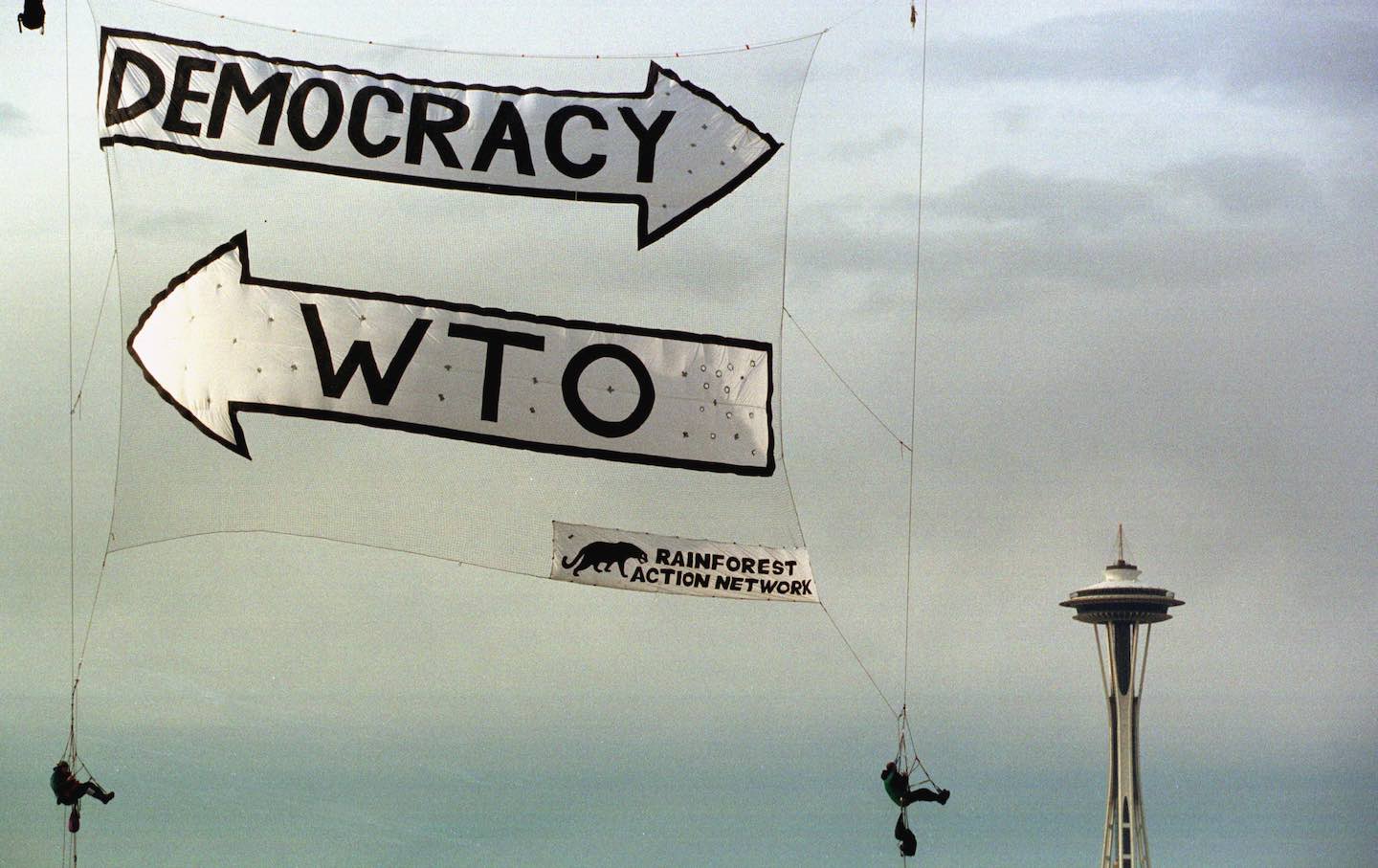
25 Years Ago, the Battle of Seattle Showed Us What Democracy Looks Like 25 Years Ago, the Battle of Seattle Showed Us What Democracy Looks Like
The protests against the WTO Conference in 1999 were short-lived. But their legacy has reverberated through American political life ever since.
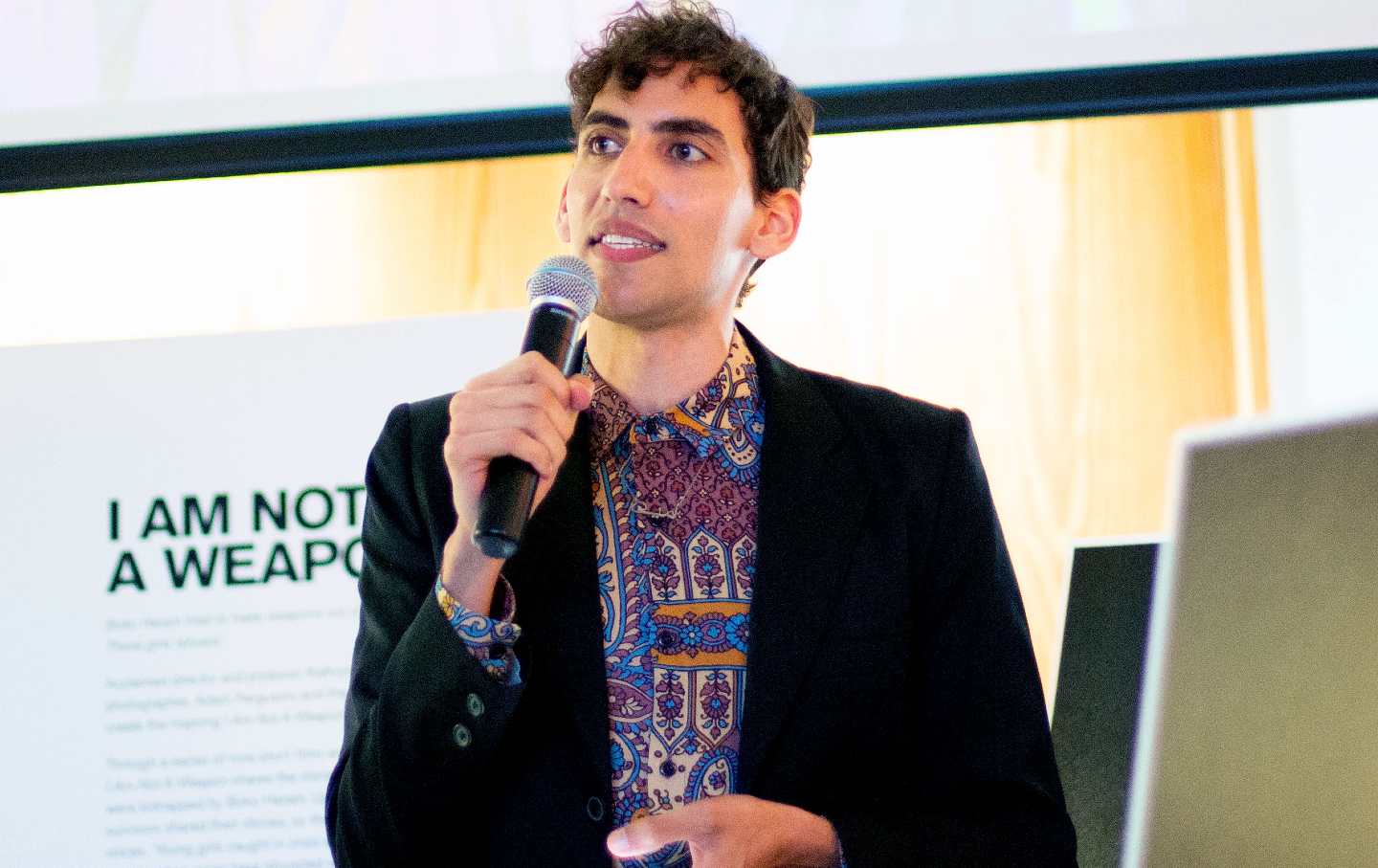
Hollywood’s Vocal Actors Union Goes Silent on a Gaza Ceasefire Hollywood’s Vocal Actors Union Goes Silent on a Gaza Ceasefire
Amin El Gamal, head of SAG-AFTRA's committee on Middle Eastern and North African members, has advocated for a statement supporting a ceasefire in Gaza—so far without success
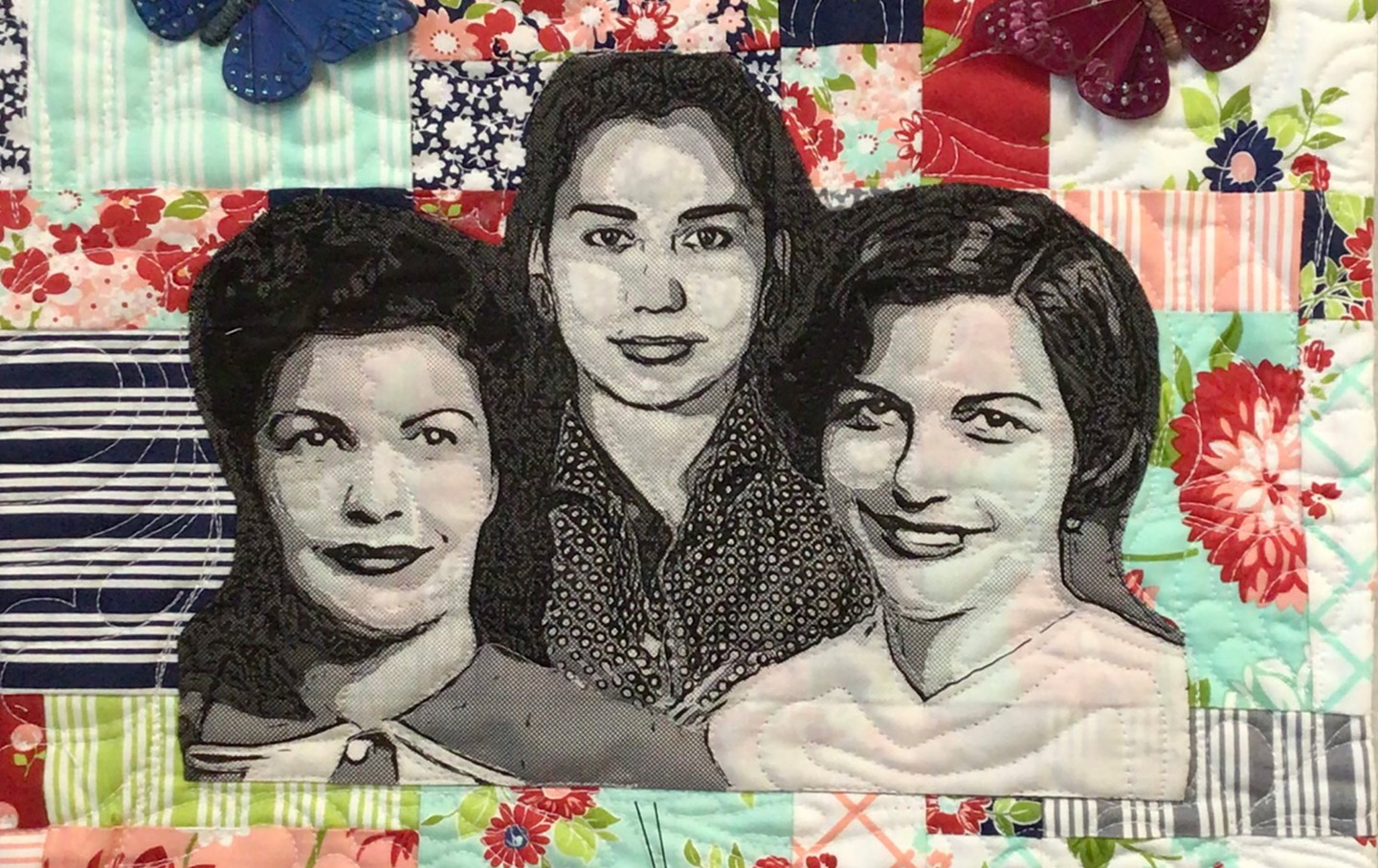
The Mirabal Sisters The Mirabal Sisters
Patria, Minerva, and María Teresa Mirabal were sisters from the Dominican Republic who opposed the dictatorship of Rafael Trujillo; they were assassinated on November 25, 1960, und...


